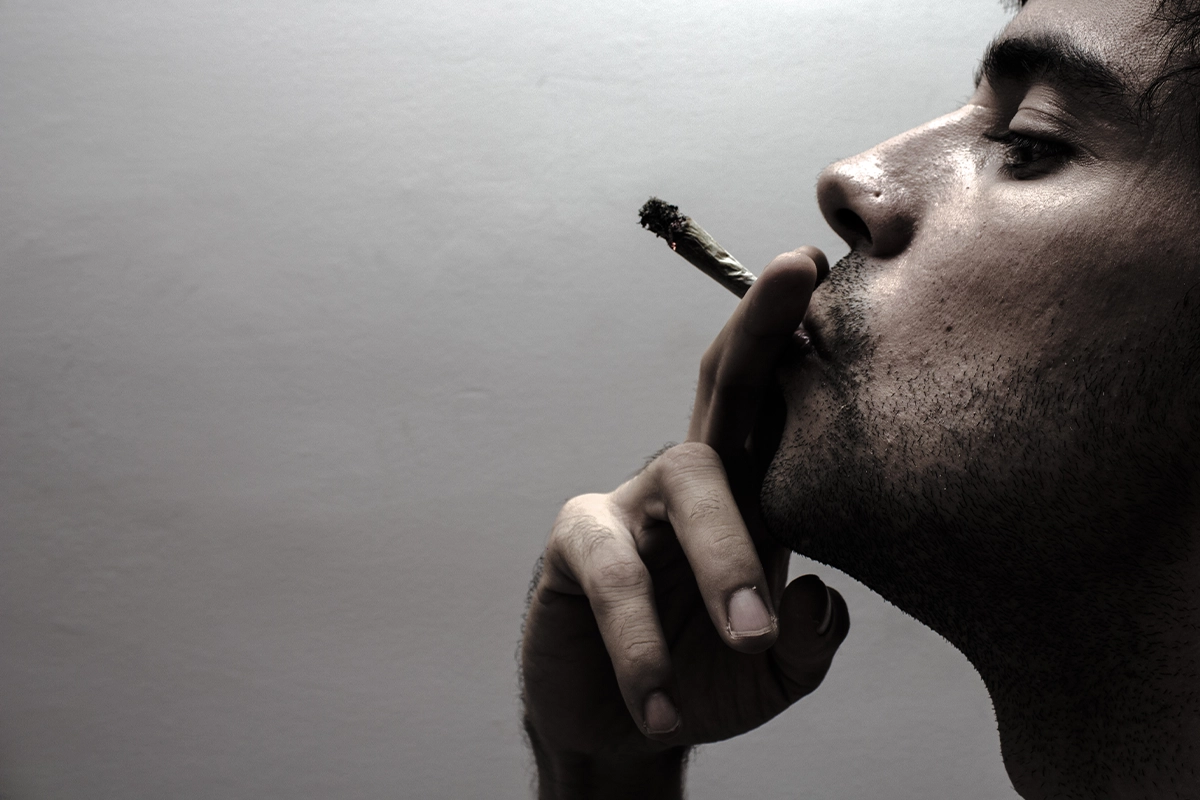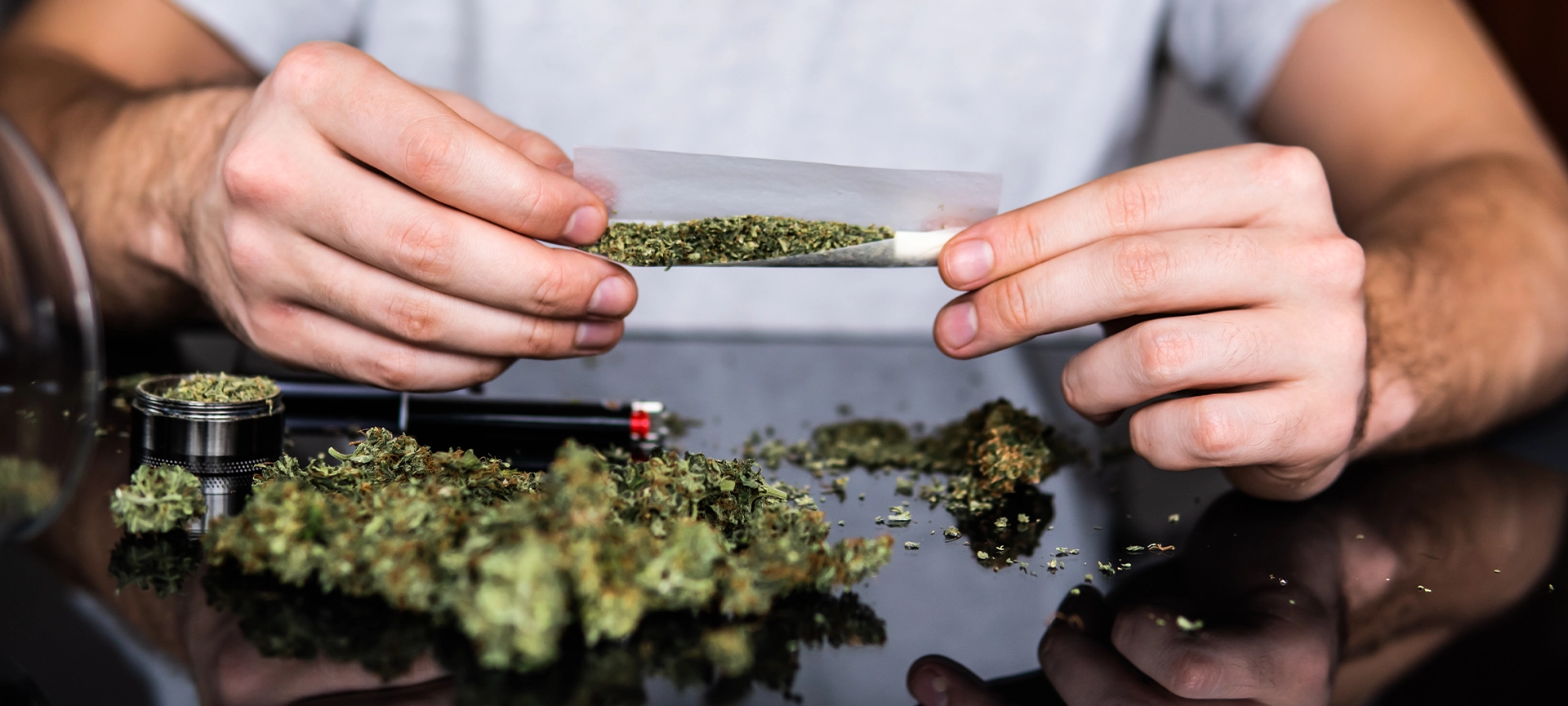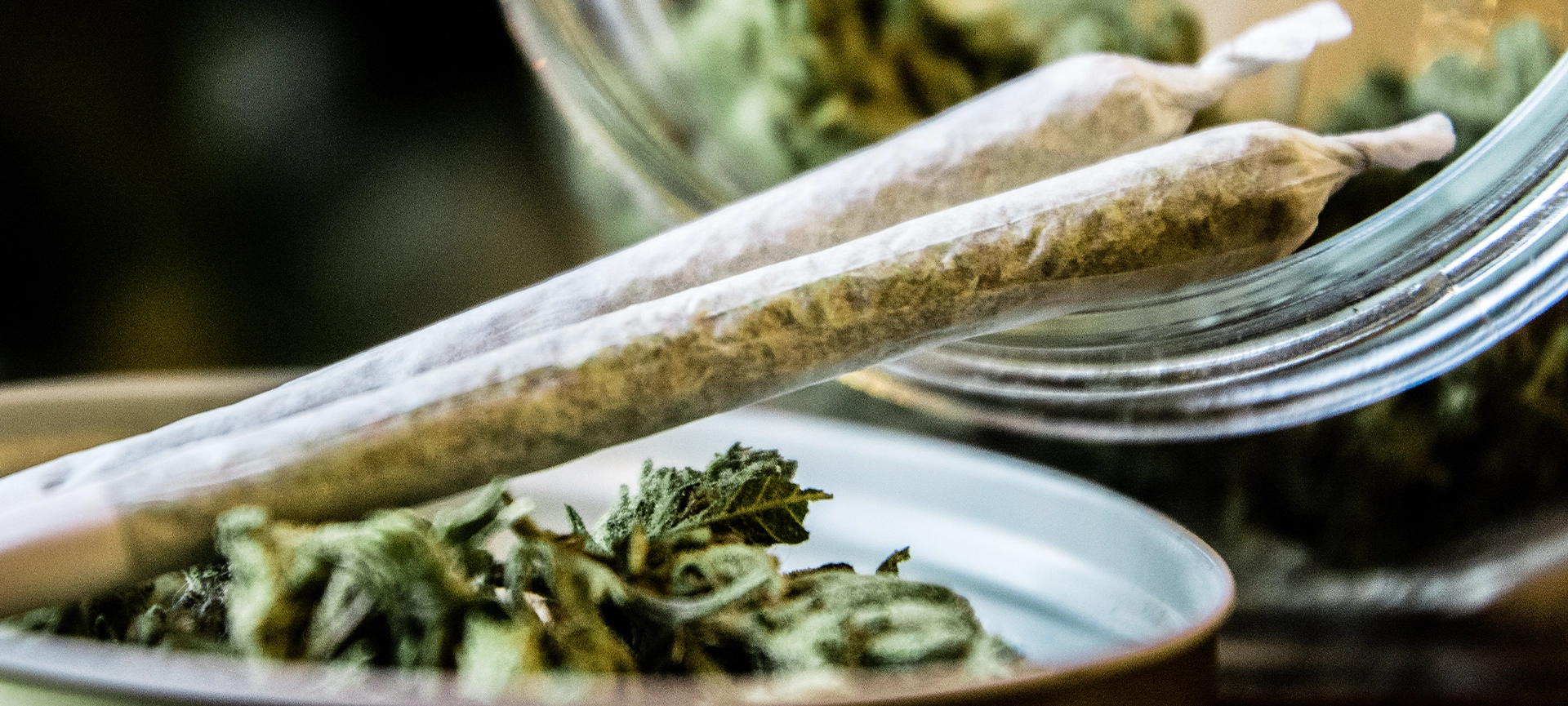Quit Smoking Weed
If you feel you’re addicted to weed and would want to know how to quit marijuana, then this article is for you. While we may be hearing more news about the benefits of marijuana, it still has many negative effects.
Medicinal marijuana can help many people. However, whenever you excessively take any substance, it can be detrimental to your health. Over time, marijuana addiction can become a bane, offering up many negative side effects for your life and person.
In this article, we will provide you with a stepwise roadmap to quitting marijuana. But first, here’s why you need marijuana addiction treatment.
Why You Need to Quit Marijuana
Marijuana as a medicine is not perfect. When used recreationally and repeatedly, it can come with many ill side-effects. There are both short-term and long-term effects on your body if you are a heavy user of marijuana. Here are some of them:
Short-term memory impairment
Marijuana use can mess with your ability to store short-term memories. In the long run, this can affect other areas of your brain and your well-being entirely.
Mood swings
When you use any substance, it can cause you to have sudden mood change. When there are mood swings or drastic mood changes, they can create psychological consequences that can affect you for the long-term.
Developmental effects on teenagers
If you begin to use marijuana at a young age, it can damage your brain cells. When this happens, it affects the development of your brain which hasn’t yet reached its full potential.
Lung problems
Smoking marijuana can cause the same effects to your lungs as when you smoke cigarettes. It can lead to respiratory problems, lung disease, and other health conditions that will affect the quality of your life.

High heart rate
Marijuana intake can cause your heart rate to rise for a long period. If you have existing hypertension or heart disease, then taking marijuana can cause your condition to become worse than it already is.
Stress and anxiety without weed
One of the top recreational uses of marijuana is to relieve stress and manage anxiety conditions. However, like every other pain-reducing substance, regular usage can make it difficult to function without the substance.
Smoking weed frequently and heavily will eventually lead to many severe health problems. The long-term effects can affect your mental and physical well-being. If you’re already experiencing the symptoms of heavy marijuana use mentioned above, then it’s time to think about how to quit marijuana and to lead a clean and healthy life.
Is Marijuana Addictive?
There have been several studies that delved into the addictive qualities of marijuana. The studies showed results that as much as 30% of heavy marijuana users develop a dependency on the substance.
In North America, more than 3 million people who are regular marijuana users suffer from dependency on it. What this means is that marijuana is indeed addictive and can cause problems that many addictions create.
The numbers also support this school of thought. According to the National Institute on Drug Abuse, about 30% of people who use marijuana have some form of marijuana abuse disorder. Furthermore, about 9% of people who use marijuana will eventually become dependent on it.
If you think you’re addicted to marijuana and are thinking of how to quit marijuana altogether, the next section will be about the ways that you can do so.
Ways on How to Quit Marijuana
Each marijuana user’s experience and dependence on the drug is unique. Therefore, while some of these ways on how to quit marijuana may work for some, it may not work for others. The best way to know if the method is effective for you is to try them out yourself.
What’s most important is that you are now on a very vital step in the process of recovery from marijuana addiction. Let’s take a look at some of the ways on how to quit marijuana.
Cold Turkey
When you quit smoking or using weed cold turkey, it means you will stop using the substance abruptly. It’s a good method for those who’d like to see results fast.
However, you should take note of the fact that you need a strong game plan for this method to work. For example, it is not simply throwing away your stash or your bong and then saying to yourself that you won’t ever smoke weed again.
While you may be mentally strong, you need to know that your body will react differently. You have to prepare your body for the withdrawal symptoms that will come when you stop smoking weed. Your body still has chemicals like THC, and they can stay in your body for months even if you’ve quit.
Your system is still able to get some doses of those chemicals daily in small doses. What happens next is that since it will only be in small doses, it won’t be enough for your body which has built up a high tolerance to marijuana. You will definitely crave for another hit.
That being said, even if you are mentally strong, your willpower won’t be enough to sustain your sobriety. Be prepared for the worst withdrawal symptoms. That’s why you need to have a good game plan for this.
There are many ways you can prepare to quit marijuana. Tell your best friend or your family about your plan. Be open to them whenever you are having cravings to smoke weed again. Prepare a list of activities that you can do so you will be able to distract yourself whenever the cravings creep in.
Medical Treatments
If you’re not ready to quit cold turkey, that’s okay. There are other ways to quit marijuana effectively. Maybe you can try medical treatments to make the process more bearable.
At present, there are no medications that can cure you of your marijuana addiction. However, there are several medications that can help you with the withdrawal symptoms.
The best way to know what medications you should take will be to go to an addiction treatment specialist. The physician will make an assessment of your state and perform several tests to make sure you’re not allergic to the medications.
Once you get your prescription, you should take the meds as scheduled and with the right dosage. It can help alleviate the nasty withdrawal symptoms. It will also make you more equipped to resist the temptations of going back to marijuana use.
Counselling, therapy and rehab
If you feel you are a heavy marijuana user and would really want to make sure that you will rid yourself of the drug, then you can enroll in a rehab facility. You need to be prepared for several things before you choose a marijuana addiction rehab service in Toronto.
Firstly, prepare your finances and insurance. Look for the best rehab centres in your area and study your options. Secondly, set out time for rehab because it’s going to require several weeks to a few months from you. Lastly, prepare yourself for the reality of rehab where medical professionals will be supervising and monitoring you.
When these have all been settled, then it’s time to pack comfortable clothing, a journal, and some of the things that you’ll need to remind you of your goal to get clean. During your stay in rehab, you’ll also attend various counselling sessions.
Take this opportunity to learn from others how to quit marijuana successfully. You’ll meet plenty of people who will encourage and support you in your recovery. In turn, you can also be a supportive friend. Remember, you are all on the same boat and the goal is to move past the challenges of addiction and into a better and healthy life.
Tips to Help You Quit Marijuana For Good
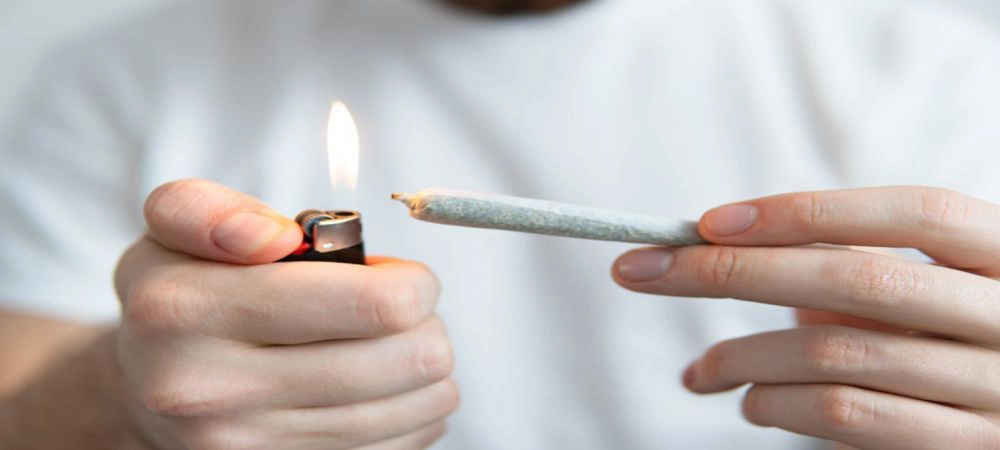
Quitting cannabis isn’t the most difficult thing to do. However, it’s also not a walk in the park. If you’re serious about leaving marijuana for good, here are some tips and tricks that’ll help you in your journey:
Understand your triggers and remove or replace them
Every marijuana user has an action, object, environment, or person that sets them off to start using the substance. For young people, marijuana triggers may include hanging around people who smoke or being lonely. Figure out a way to deal with these triggers if you want to have a good idea of how to quit marijuana.
Quit gradually
Depending on how hooked you are on marijuana, using the cold turkey approach can be difficult. And with perceived difficulty comes the tendency to give up on quitting marijuana or seek other ways on how to quit marijuana.
If you feel you can’t get off marijuana immediately, then give yourself a timeframe to break free completely. Don’t make this date flexible or too far that you forget to stick to your plan. A few weeks to a month from when you decide to get clean is a good timeframe.
Within this period, reduce your marijuana intake steadily or space out when you take the substance. That way, your body will get used to the changes that’ll occur when you decide to quit marijuana completely.
Document your progress
On your journey to quit smoking weed, you may feel like you’re not making progress or not doing enough. Although this is expected, you can overcome this feeling by keeping track of your journey.
Celebrate your small wins to spur you to stay committed to the process. Documenting your progress is a lot easier when you seek medical help.
Use relapses to your advantage
There’s a 40% to 60% chance that you’ll slip up at least once while trying to quit marijuana for good. However, this shouldn’t deter you from sticking to the process. Instead, you can use your relapses as a recovery board — a motivation to get back on the horse and stay the course.
If you can stay away from marijuana for a while before your relapse, you can add more days, weeks, months, or years to the count. Soon enough, you won’t have to use your relapses anymore because the urge to go back to marijuana would have gone.
FAQs About Quitting Marijuana
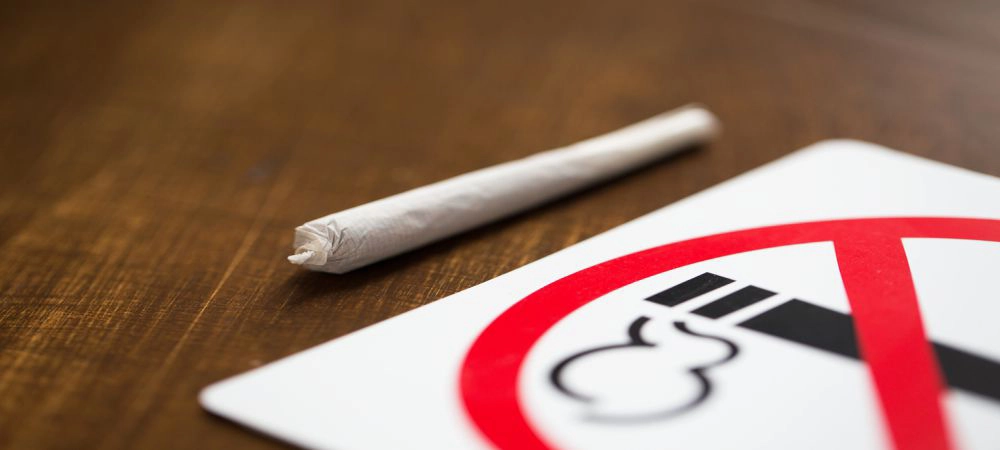
Below are answers to some questions about quitting marijuana:
What withdrawal symptoms should you expect when you quit marijuana?
Like every other addiction, getting off marijuana poses some challenges like
- Headaches
- Irritability
- Chills
- Stomach aches
However, with proper care, guidance, and medications, these symptoms will elude recovering patients in no time.
Does exercising help you stay clean from marijuana addiction?
Studies show that exercises can help patients reduce the need to use addictive substances or relapse. Therefore, exercising is an activity that private and public rehabilitation centers advise patients to partake in.
Takeaway
These are some of the ways on how to quit marijuana. To start the process, you need to be true to yourself about what you want to happen. When you’ve set your mind to quit weed, then you can take the necessary steps to stop the habit.
Get as much help as you can. Talk to your close friends, your family, and your doctor. They will be able to help you in looking for the right treatments to quit the addiction. Good luck!



